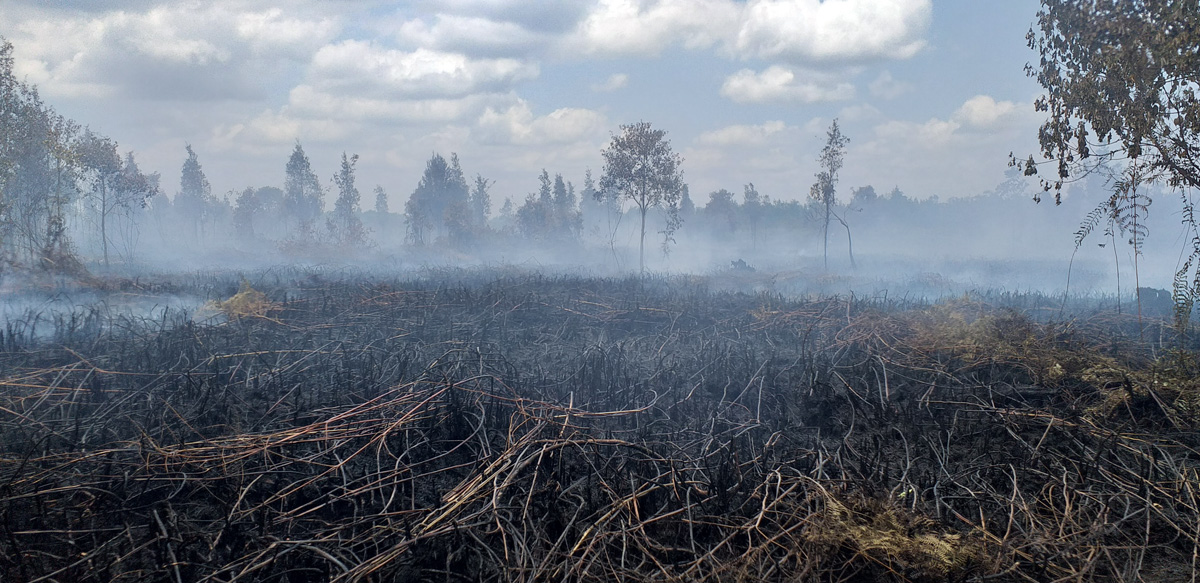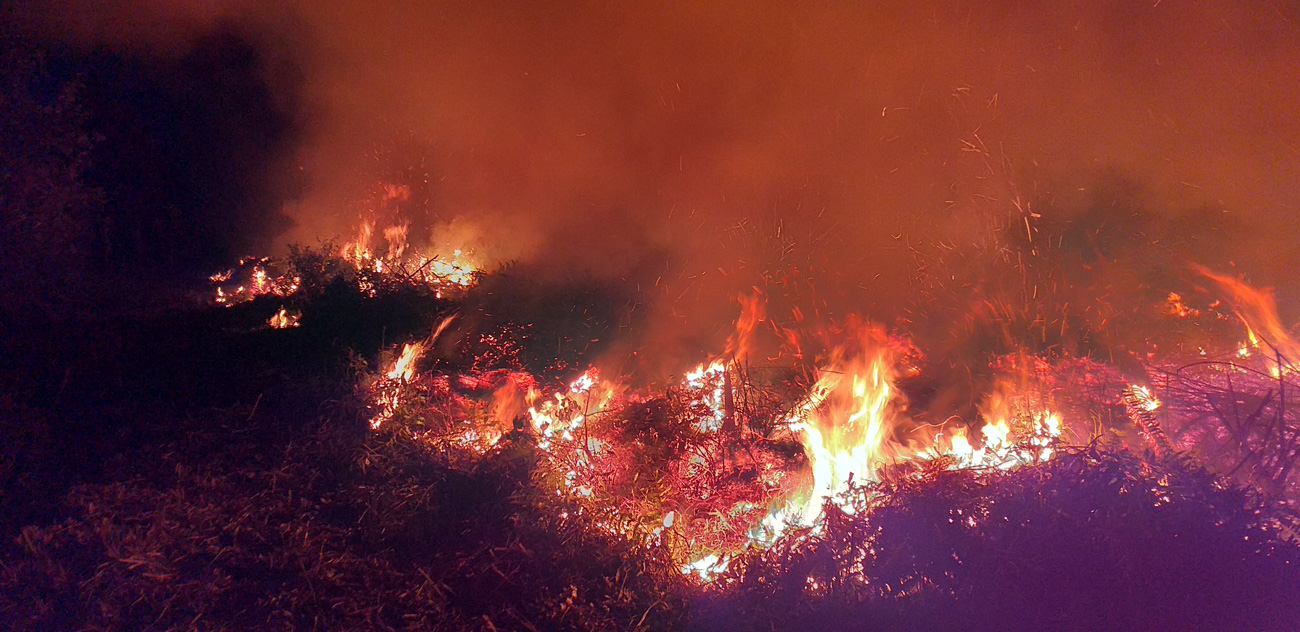- Home
- Science Introduction
- Wg
- Diversek
- DiverseK Scientific Goals
DiverseK scientific goals
Our goal is to provide a new integrative, cross-disciplinary evidence base to enable better decision making on pressing environmental issues and support local struggles.

In a previous PAGES GPWG workshop, we identified three research questions that can be tackled through synergies between long-term ecology and local/Indigenous knowledges:
Q1. The social-ecological consequences of traditional land management, and the identification of practices that maximize biodiversity and resilience in ecosystems.
Q2. The identification of the natural and anthropogenic (biocultural heritage) components in present ecosystems.
Q3. How conservation policies set by agencies can be supported by integrated knowledge to meet landscape conservation targets.
In 2019, the group released a Policy Brief; such recommendations now need to be "translated" at the landscape scale (where stakeholders operate) and require a larger network.
Objectives
1. Establish a clearer methodological and ethical basis for the integration of diverse knowledges.
We will develop a guidance for researchers on the best practices for integration of paleoecological and local knowledges, analyzing the approaches, ethics and impacts of engagement with local people.
2. Support conservation needs in co-production with stakeholders.
We will engage stakeholders in areas where DiverseK members have established contacts, foster dialogue locally, and use our integrated knowledge framework to discuss benchmarks and reference conditions that can be used in local planning and campaigns. This objective is relevant for Q1-2.
3. Re-assess current environmental policies based on the new knowledge.
We will conduct a global-scale assessment as part of our synthesis effort. This objective is relevant for Q2-3.

Data
The integration of long-term data in ecosystem management is a key challenge for the science-policy interface, and new approaches for knowledge transfer are urgently needed. In this sense, our objectives fully align with PAGES' mission promoting paleoenvironmental research in more applied science, while also engaging with the stakeholder community.
Here we focus on the mutual exchange between the scientific and the stakeholder communities, considering a combination of paleoecology-informed, community-owned and stakeholder-driven knowledge. This framework developed in a previous workshop within the former PAGES Global Paleofire Working Group 2 (GPWG2), and is now expanded with new objectives on a broader geographical scale, and covering an area of PAGES' science structure that is currently underrepresented (Human/Environment).
Our objectives also align with PAGES' goal to cover cross-topical research, given our unique combination of disciplines across the natural and social sciences. Such integration presents broader opportunities: for paleoecologists, knowledge of contemporary local practices can aid the interpretation of the palaeoerecord. For local people, in the context of ongoing loss of traditional knowledge, paleo evidence can support local social and environmental justice struggles. See more context on this data integration approach in our 2019 Policy Brief.
Linking with other working groups
The group is part of the International Paleofire Network (IPN); we will establish new joint collaborations with some PAGES WGs which have cross-cutting links such as for land-cover changes, resilience of landscapes and people, and human-climate interactions.
The group is also supported by the Leverhulme Wildfires Centre.